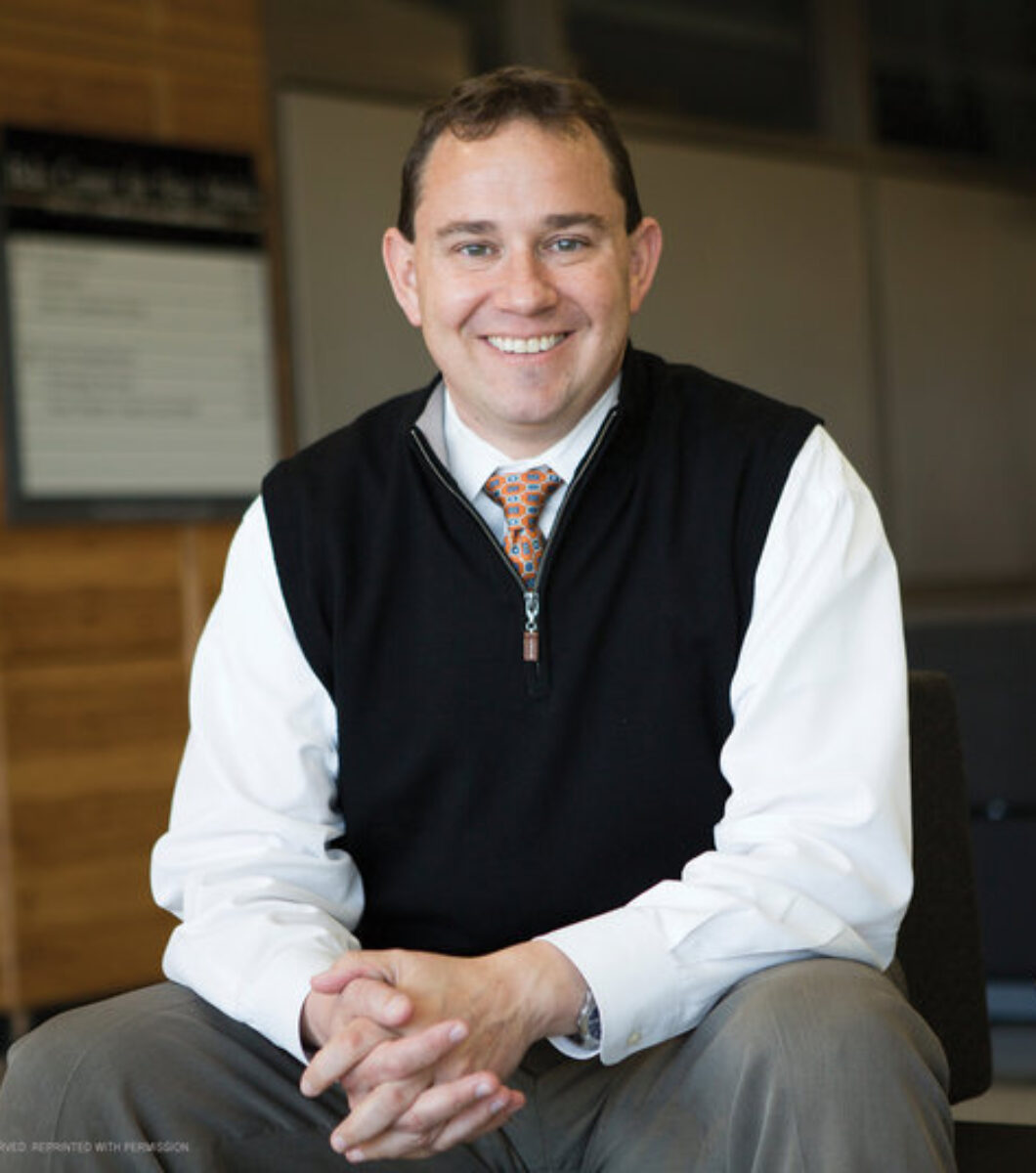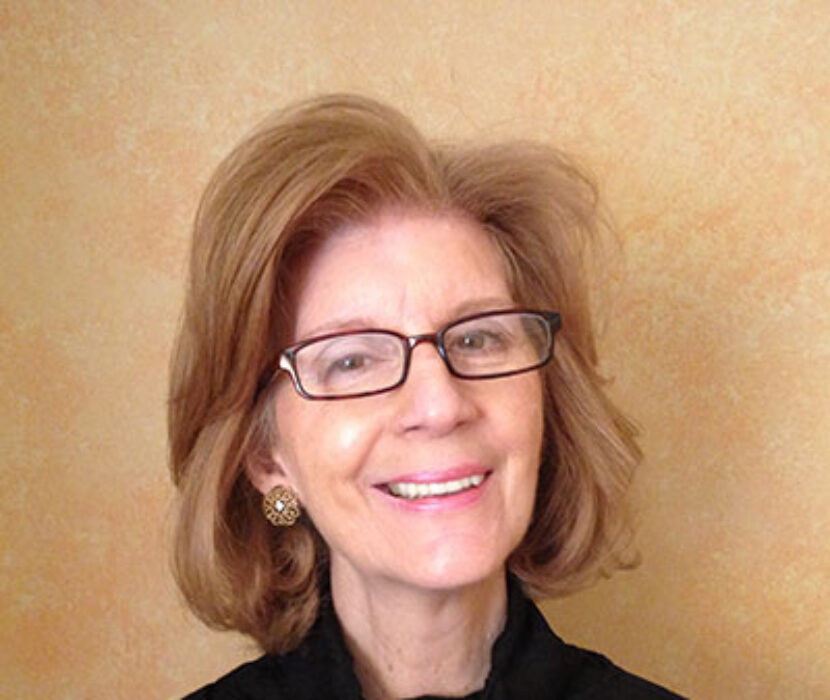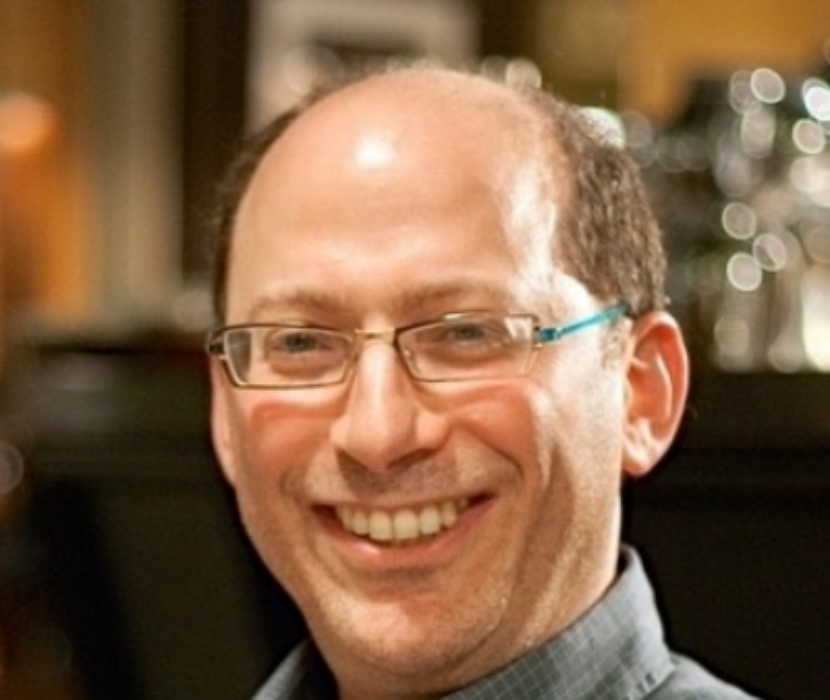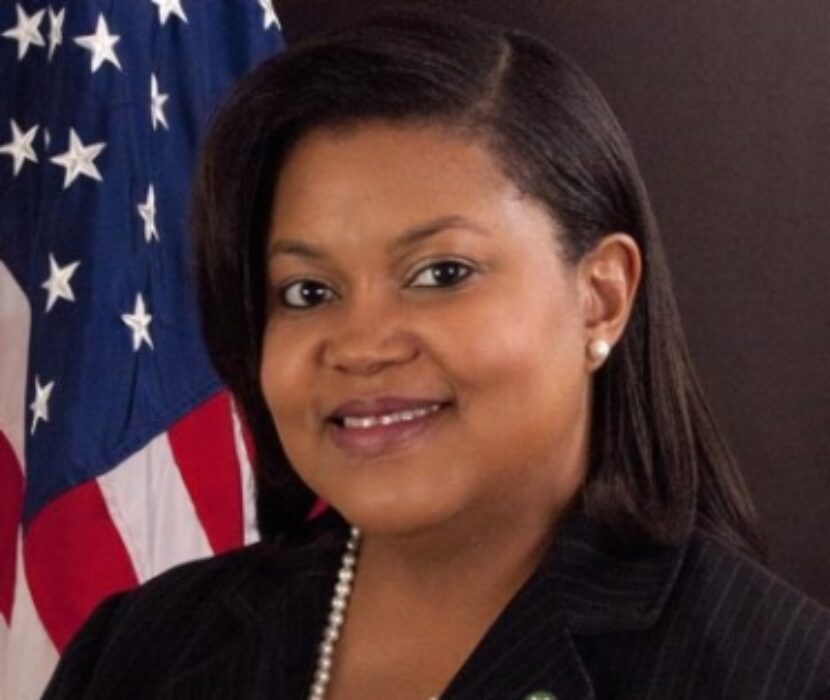Michael Webber is the Deputy Director of the Energy Institute, Josey Centennial Professor in Energy Resources, Co-Director of the Clean Energy Incubator at the Austin Technology Incubator, and Professor of Mechanical Engineering at The University of Texas at Austin.
He has authored more than 400 scientific articles, columns, books, and book chapters, including op-eds in the New York Times and features in Scientific American. His recent book, Thirst for Power: Energy, Water and Human Survival addresses the connection between earth’s most valuable resources with a hopeful approach toward a sustainable future. A highly sought public speaker, he has given more than 200 lectures, speeches, and invited talks in the last few years, such as testimony for hearings of U.S. Senate committees on the energy-water nexus, keynotes for business meetings, plenary lectures for scientific conferences, invited speeches at the United Nations and the U.S. Military Academy at West Point, and executive briefings at some of the nation’s leading companies.
In 2006-2007, he was selected to serve as a member of the Renewable & Sustainable Energy Team with the Texas Workforce Commission as a part of Governor Perry’s Industry Cluster Initiative. From 2010—2013, Webber was founding Vice-Chair of the EnergyWater Nexus Interdisciplinary Council for the American Society of Mechanical Engineers (ASME). As a professor, Webber has taught undergraduate and graduate courses at UT Austin since 2007 across departments such as mechanical engineering, chemical engineering, liberal arts, business, geosciences, and public affairs. Webber’s research focuses on the convergence of policy, technology, and resource management related to energy and the environment.
Webber received his BA with High Honors in Plan II Liberal Arts and his BS with High Honors in Aerospace Engineering from the University of Texas at Austin. He received a MS and a PHD in mechanical engineering with a PhD minor in electrical engineering from Stanford University where he was a National Science Foundation Fellow.






